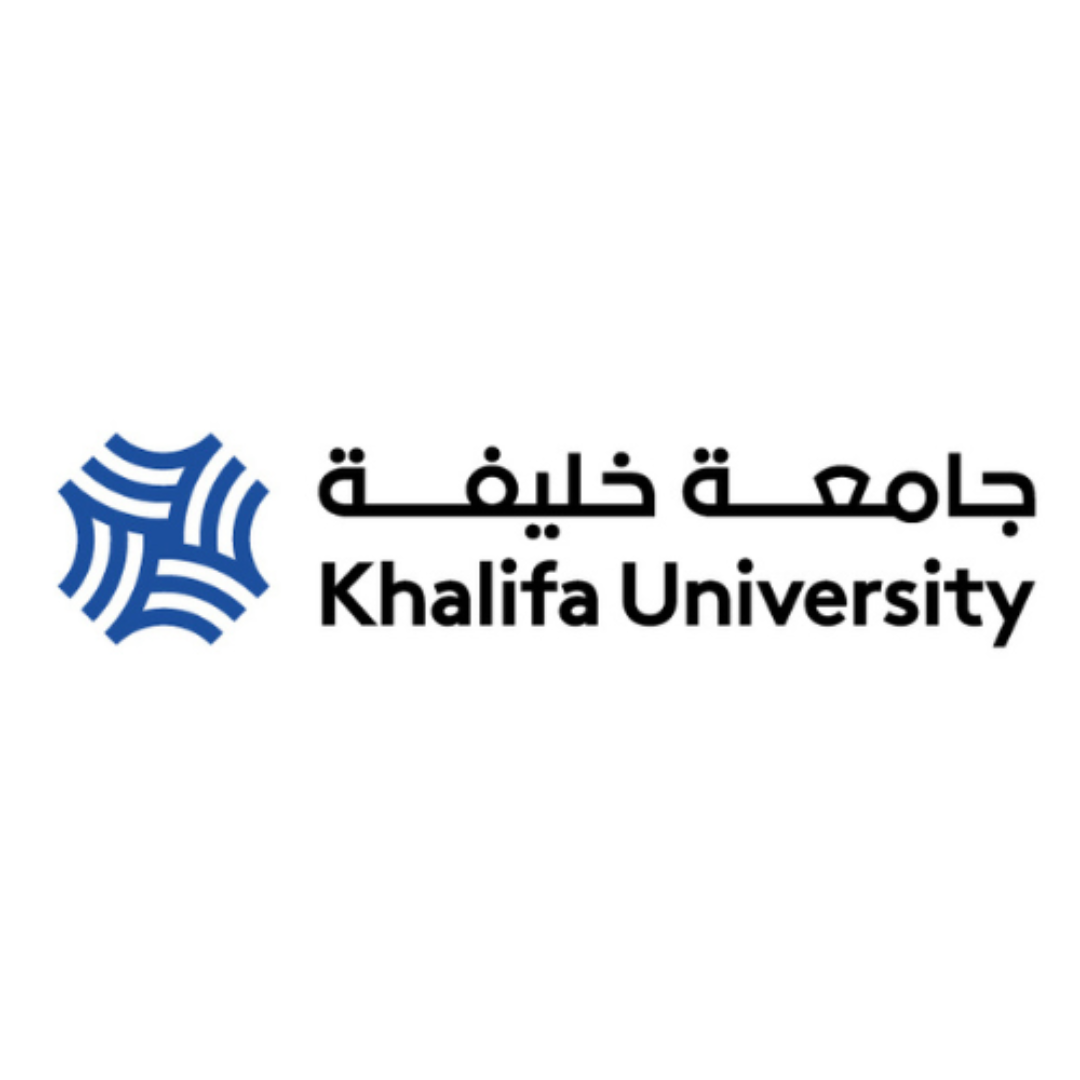Year 1
The first year develops the basic techniques in mathematics, statistics and computing that you will need in later years. It also provides an introduction to business, finance and economics through modules given by the Birmingham Business School.
Algebra & Combinatorics 1 - 20 credits
Introduction to Economics and Finance- 20 credits
Introduction to Management and Marketing - 20 credits
Probability & Statistics - 10 credits
Real Analysis - 20 credits
Sequences and Series - 10 credits
Vectors, Geometry & Linear Algebra- 20 credits
Year 2
The second year introduces you to some of the more advanced areas of business mathematics, such as linear programming, allowing you to develop your particular strengths and interests in the third year. You also take modules in financial decision making, marketing and human resource management.
Core modules
International Economics and Financial Decision Making - 20 credits
Linear Algebra & Linear Programming - 20 credits
Multivariable & Vector Analysis - 20 credits
Real & Complex Analysis - 20 credits
Optional modules
Example optional modules listed below, all 20 credits:
Select one of the following modules:
Algebra & Combinatorics
Differential Equations
Statistics
Choose one of the following:
Human Resource Management
Marketing & New Technology
Year 3
The third year involves a mixture of compulsory and optional modules. You study topics such as game theory, mathematical finance, heuristic optimisation and supply chain management. All modules 20 credits.
Core modules
Corporate Finance and Supply Chain Management
Game Theory and Multicriteria Decision Making
Integer Programming and Combinatorial Optimisation
Research Skills in Mathematic
Strategic and Innovation Management
Optional modules
Choose 20 credits of options. Example optional modules, all 20 credits, subject to timetabling restrictions and necessary pre-requisites.
Applied Statistics
Algebra & Combinatorics 2
Combinatorics and Communication Theory
Differential Equations
Graph Theory
Mathematical Financ
Medical Statistics
Nonlinear Programming I and Heuristic Optimisation
Number Theory
Statistical Methods in Economics
Statistics
Year 4
In the final year of the MSci you take high-level modules in management mathematics and business. Integral to the fourth year is the large project module, which you study under the guidance of an individual supervisor. Here you might choose to undertake advanced theoretical work or tackle a real-world problem by analysing data provided by companies; the latter offering excellent employment contacts and possibilities.
Core modules
Advanced Business Economics - 20 credits
Small Business and Entrepreneurship - 20 credits
Project in Mathematics with Business Management (MSci) - 40 credits
Optional modules
Choose 40 credits of options. Example optional modules, all 20 credits:
Advanced Management Mathematics
Advanced Mathemat Modelling
Advanced Mathematical Finance
Advanced Topics in Combinatorics
Applied Statistics
Combinatorics and Communication Theory
Continuum Mechanics
Graph Theory
Group Theory
Mathematical Finance
Medical Statistics
Methods in Partial Differential Equations
Number Theory
Numerical Methods and Numerical Linear Algebra
Randomness and Computation
Stochastic Processes
Statistical Methods in Finance and Economics
Please note: The modules listed on the website for this programme are regularly reviewed to ensure they are up-to-date and informed by the latest research and teaching methods. Unless indicated otherwise, the modules listed for this programme are for students starting in 2023. On rare occasions, we may need to make unexpected changes to core modules; in this event we will contact offer holders as soon as possible to inform or consult them as appropriate.
Show less










